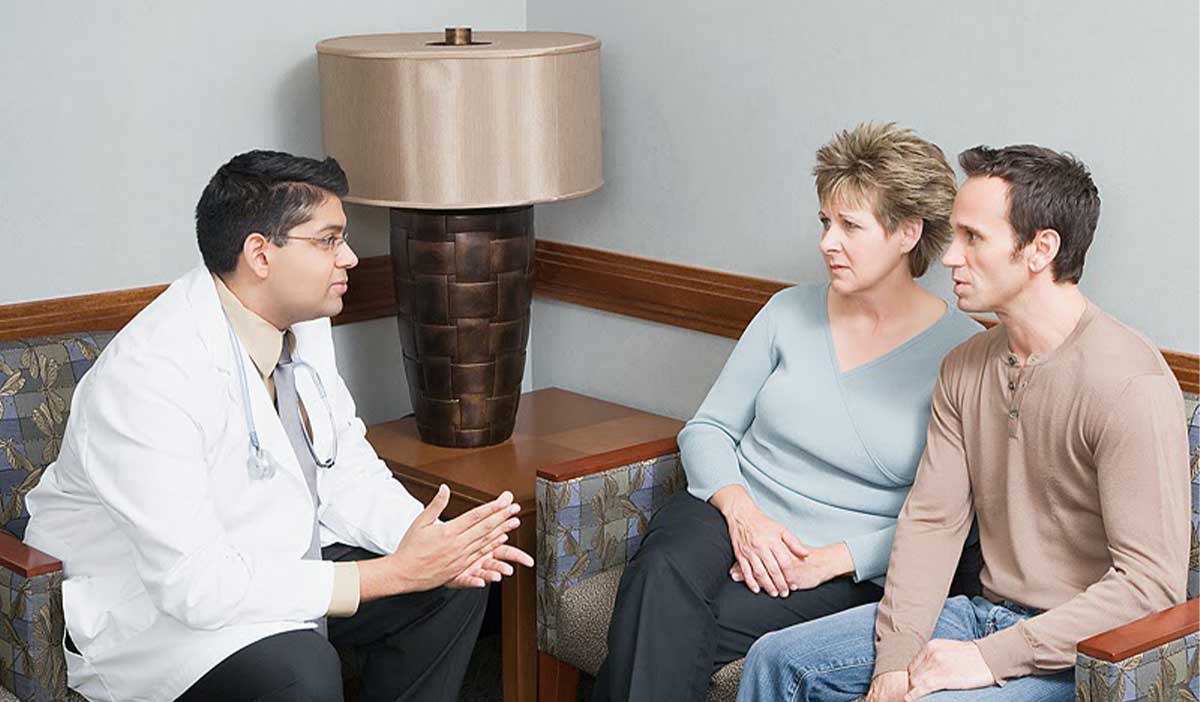When someone asks you about your relationship status, chances are that you aren’t thinking about your primary care physician. You might have vowed to be with someone “in sickness and in health” but do you think about who it is that helps you stay healthy, or get better when you’re sick?

Primary care plays one of the most important roles in your overall health status, and there is a relationship that’s involved with that. A relationship built on trust and communication – the relationship with your primary care physician.
Do you have one? Most people do, on some level. It takes two people to develop a relationship like this, and we want to make sure you have the information you need to be able to connect with your chosen physician. Your primary care doctor will be there for you through any health condition, and better communication between you two leads to better care provided for you by your doctor.
So where do you start? Or how do you build upon what you already have?
Honestly talk about your health
What makes up your health? It’s not just what you eat or drink, but it’s also the exercise you do, the stress at work, at home, or both, and other lifestyle factors. All of these contribute to your overall health status, so make sure that your doctor is aware of things like that.
Sure, it can be intimidating at first to talk openly about your lifestyle or health concerns that you have, but remember – your doctor is there to listen and to help you. He or she won’t be embarrassed, shocked, or offended by even your most embarrassing symptoms. The more that you put into you your doctor’s appointments, the more that you’ll get out of them… and communication is the place to start.
Know your medical history
It’s true that your health is shaped by diet, exercise, and lifestyle choices, but genetics also plays a role in our overall health. Because of this, it’s important to know a little bit about your family’s medical history so that you can accurately understand your own. This does not mean that you need to have memorized every little cold or illness that Grandma, Grandpa, and Great-Uncle Jack ever had – but you do need to know about some of the major conditions.
Did any of your grandparents have cancer? Did your father have a heart attack? Do any of your brothers and sisters suffer from diabetes? “Conditions like these are good to know about from both sides of your family,” she adds. “This helps give your doctor a better picture of what you may encounter later or be experiencing now with the symptoms you describe.”
Participate in your care
You know how some relationships are all talk and no action? Well don’t let this relationship be like that. Yes, you have to communicate with your physician but you also have to actually follow through with the advice that you’ve been given. And sometimes that’s not fun – particularly when your doctor recommends that you make a lifestyle change, or three.
Advice from a physician is meant to help you feel your best and maintain or improve your quality of life.
Trust the medical expertise that your physician has and try to implement the changes he or she suggests. And if you need help, don’t be afraid to ask for it –physicians are always willing to be supportive resources for you as well.




